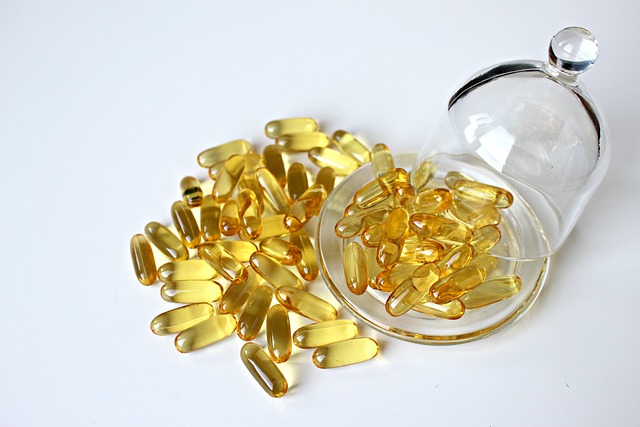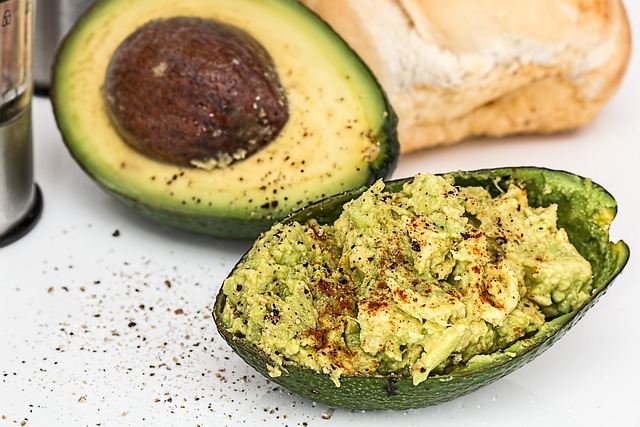Maintaining healthy blood sugar levels is essential for overall well-being, energy stability, and long-term health. For individuals with prediabetes, type 2 diabetes, or insulin resistance, managing blood sugar is particularly critical to prevent complications such as heart disease, nerve damage, and kidney issues. While medications can play a role in blood sugar management, natural approaches offer a powerful complement—or even alternative—to conventional treatments. By adopting lifestyle changes, dietary adjustments, and mindful practices, you can take control of your blood sugar levels naturally and improve your quality of life.
Why Is Blood Sugar Management Important?
Blood sugar (glucose) is the primary source of energy for your body’s cells. However, when blood sugar levels remain consistently high due to poor diet, lack of exercise, or underlying health conditions, it can lead to insulin resistance and eventually type 2 diabetes. Conversely, blood sugar that drops too low can cause fatigue, dizziness, and confusion. Achieving balance—keeping blood sugar within a healthy range—is key to preventing both acute symptoms and chronic health problems.
Natural strategies for managing blood sugar focus on supporting the body’s ability to regulate glucose effectively. These methods are safe, sustainable, and often have additional health benefits beyond blood sugar control.
Natural Approaches to Managing Blood Sugar
1. Adopt a Balanced Diet
Diet plays a central role in blood sugar regulation. Certain foods can help stabilize glucose levels, while others may cause spikes and crashes. Here’s how to optimize your eating habits:
- Focus on Whole, Unprocessed Foods :
Incorporate vegetables, fruits, whole grains, lean proteins, and healthy fats into your meals. These foods are rich in fiber, vitamins, and minerals that support metabolic health. - Prioritize High-Fiber Foods :
Fiber slows the digestion and absorption of carbohydrates, preventing rapid increases in blood sugar. Excellent sources include:- Vegetables: Broccoli, spinach, kale, and peppers
- Fruits: Berries, apples, pears, and oranges
- Whole Grains: Oats, quinoa, brown rice, and barley
- Legumes: Lentils, chickpeas, and black beans
- Choose Low-Glycemic Foods :
The glycemic index (GI) measures how quickly a food raises blood sugar. Opt for low-GI options like sweet potatoes, non-starchy vegetables, and nuts. - Limit Refined Carbs and Sugars :
Avoid processed foods, sugary beverages, white bread, pastries, and candy, which can cause sharp spikes in blood sugar. - Include Healthy Fats and Proteins :
Pairing carbohydrates with protein or fat slows glucose release into the bloodstream. For example, pair an apple with almond butter or add avocado to your salad.
2. Stay Physically Active
Exercise is one of the most effective ways to lower blood sugar levels and improve insulin sensitivity. Physical activity helps muscles use glucose for energy, reducing the amount circulating in your bloodstream.
- Aerobic Exercise : Activities like walking, cycling, swimming, or dancing increase heart rate and burn glucose.
- Strength Training : Building muscle mass enhances your body’s ability to store and use glucose efficiently.
- Daily Movement : Even small changes, like taking the stairs or doing household chores, can contribute to better blood sugar control.
Aim for at least 150 minutes of moderate-intensity exercise per week, combined with strength training twice weekly.
3. Manage Stress
Chronic stress triggers the release of cortisol, a hormone that can elevate blood sugar levels. Learning to manage stress is crucial for maintaining balance.
- Practice Mindfulness : Meditation, deep breathing, and yoga activate the parasympathetic nervous system, promoting relaxation and reducing cortisol.
- Get Adequate Sleep : Poor sleep disrupts hormones that regulate hunger and glucose metabolism. Aim for 7–9 hours of quality sleep each night.
- Engage in Hobbies : Activities you enjoy can distract from stress and boost mood.
4. Stay Hydrated
Dehydration can affect blood sugar levels by concentrating glucose in the bloodstream. Drinking plenty of water throughout the day supports kidney function and helps flush out excess glucose through urine.
- Avoid Sugary Drinks : Sodas, fruit juices, and energy drinks spike blood sugar rapidly.
- Opt for Water, Herbal Teas, or Infused Water : These hydrating options won’t interfere with glucose levels.
5. Incorporate Blood Sugar-Stabilizing Herbs and Supplements
Certain herbs and supplements have been shown to support blood sugar regulation naturally. Always consult a healthcare provider before starting any new supplement regimen.
- Cinnamon : This spice has been found to improve insulin sensitivity and lower fasting blood sugar levels.
- Berberine : A compound derived from plants, berberine mimics the effects of insulin and may help reduce blood sugar.
- Gymnema Sylvestre : Known as the “sugar destroyer,” this herb reduces sugar cravings and improves glucose uptake.
- Magnesium : Low magnesium levels are linked to insulin resistance; supplementation may help if dietary intake is insufficient.
- Apple Cider Vinegar : Consuming diluted apple cider vinegar before meals may slow carbohydrate digestion and improve post-meal blood sugar levels.
6. Maintain a Healthy Weight
Excess body fat, especially around the abdomen, contributes to insulin resistance. Losing even a small percentage of your body weight can significantly improve blood sugar control.
- Set Realistic Goals : Aim for gradual weight loss of 1–2 pounds per week.
- Focus on Sustainable Habits : Crash diets are ineffective and unsustainable. Instead, adopt long-term lifestyle changes.
7. Monitor Your Progress
Regular monitoring provides valuable insights into how different foods, activities, and habits affect your blood sugar levels.
- Use a Glucometer : If you have access to one, tracking your blood sugar at home can help identify patterns and make informed adjustments. g trends habit**Track Food Intake and Activitie : s over time using apps or journals to correlate lifestyle factors with blood sugar readings.
Additional Tips for Success
- Eat Smaller, Frequent Meals : Spacing meals evenly throughout the day prevents dramatic fluctuations in blood sugar.
- Limit Alcohol Consumption : Alcohol can interfere with blood sugar regulation, especially when consumed in excess.
- Stay Consistent : Regular meal times, exercise routines, and sleep schedules create stability for your body’s systems.
- Work with a Professional : A registered dietitian or healthcare provider can tailor recommendations to your unique needs.







